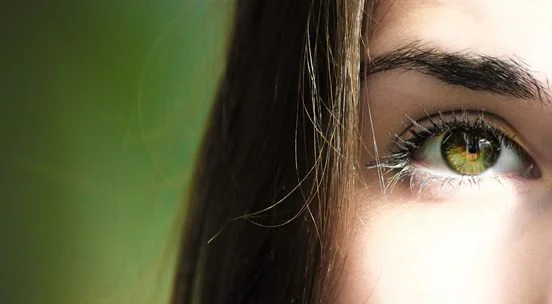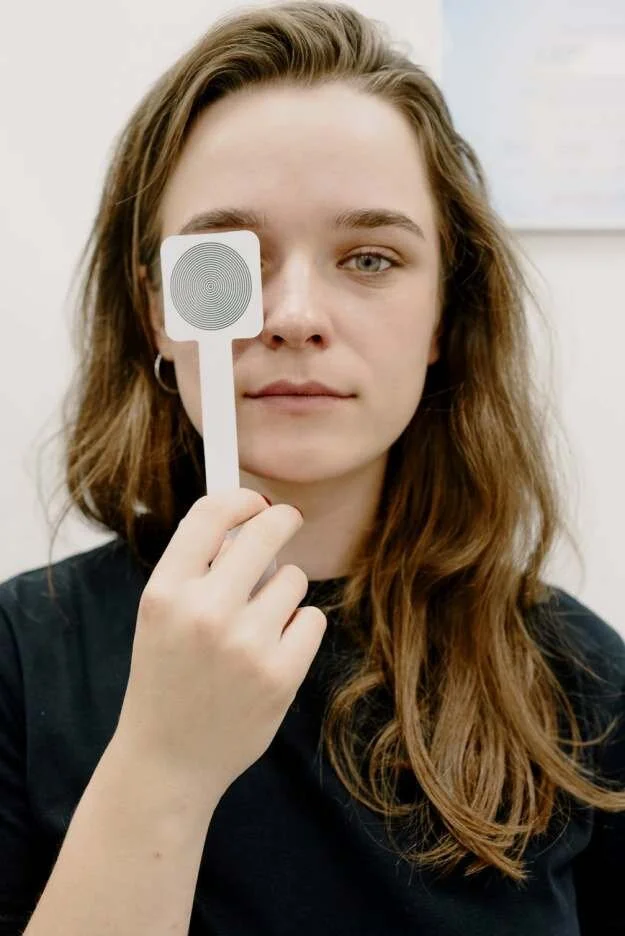Blue light blocking glasses
An antidote to the modern age woes of digital time and sleep deprivation, blue light blocking screen glasses are the latest tool in our quest for the perfect nights sleep.
Back to work - glasses lenses to get the job done
Choosing the right lenses to go in your glasses is essential. From screen glasses, to office and multifocal lenses, we’re here to take away the blur and find some clarity.
Keeping your eyes healthy this winter
It's National Eye Health Week so let’s get those peepers tip top in time for party season. Here’s some simple things to keep your eyes healthy this winter and beyond..
How to take care of your eyes... during a pandemic
We’re working from home, at risk of digital overload, wondering when to brave an eye test. Here’s our guide to taking care of your eyes during the pandemic.
Back to school - take the (eye health) test
It’s back to school and National Eye Health Week - there’s no better time for an eye health MOT
Easy on the Eye
It's National Eye Health Week and the perfect time for an eye MOT, here’s how to keep eye healthy
Eyes wide shut - healthy eyes
It's National Eye Health Week and Self-Care September peeps and we need to open our eyes and read the writing on the wall...










